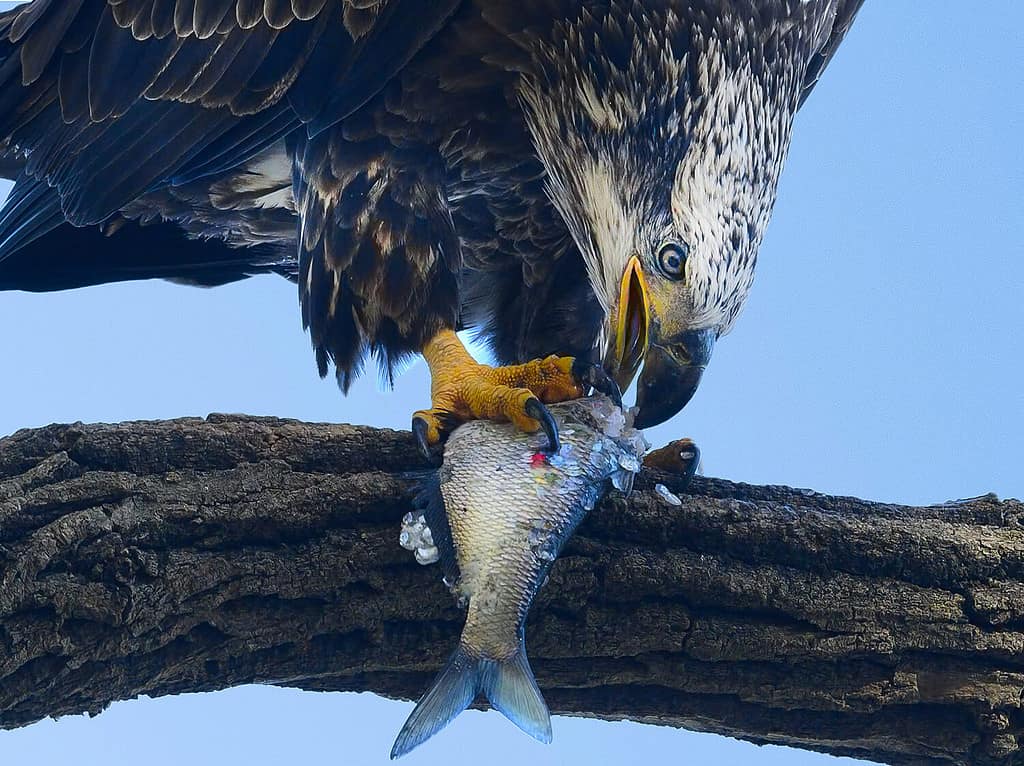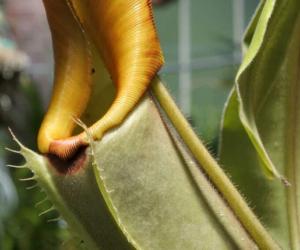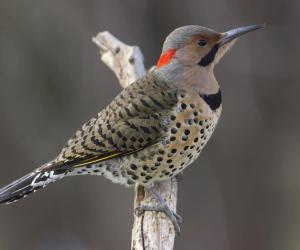Watch This Fierce Bald Eagle Steal a Fisherman's Catch and Stare Him Down With Icy Eyes
There was never any doubt about who was going to end up with this catch! In this clip, we meet some fishermen who had just started reeling in a small bonnet shark when a bald eagle swooped and secured it for itself. The problem was that the shark was still attached to the fisherman’s line! However, we learn from the video notes that they were able to cut the line and retrieve the hook so that the eagle could get on with its meal!
Watch the Action Now
Where Do Bald Eagles Normally Live?
Bald eagles are magnificent birds of prey that are found throughout North America. The location that we see in this clip is a typical habitat for them. They like to reside near large bodies of water. They are a native species of Canada, the US, and some parts of Mexico. The largest populations are in Florida, Alaska, and the Pacific Northwest. There are also high numbers near some rivers and lakes in the midwest of the US.
Fishermen are most likely to encounter bald eagles because they are always found on seacoasts, coastal estuaries, and around inland lakes and rivers. They choose locations where there is plenty of prey, where there are tall trees, and where there is not too much human disturbance. These birds do not like to stay around water courses that are used for human recreation. Some but not all bald eagles are migratory.
What Do Bald Eagles Normally Eat?

©Brian E Kushner/Shutterstock.com
Obviously, these guys cannot always rely on fishermen to catch their food for them. They usually live a solitary life and are opportunistic foragers. Their diet is actually quite varied but their preference is for fish. They are not too fussy about what type of fish they eat and have been seen catching rainbow trout, American eels, and salmon to name just a few. These egales do not hunt by submerging themselves. They use their strong talons to grab fish near the water’s surface. We see an illustration of this in the above clip.
When they are not catching fish, they are hunting adult water birds and their eggs including great blue herons. In the winter their diet includes carrion and small mammals. They are perfectly able to hunt ground squirrels and even sea otter pups. If they get the opportunity, they will feed on the carrion of much larger animals such as elk and moose.









